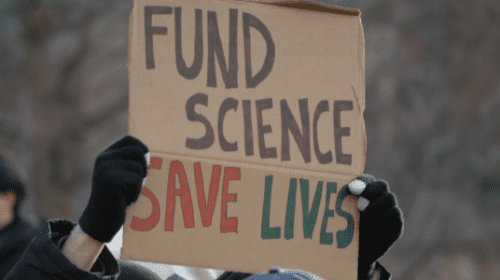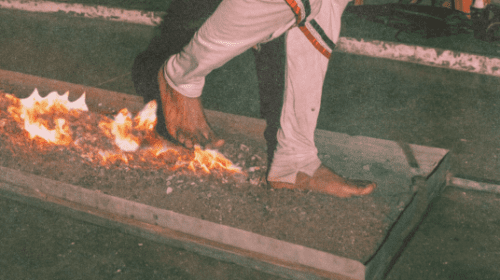If your loved one has relapsed during the COVID-19 pandemic, you’re not alone. The crisis has created prime conditions for alcohol and drug abuse. Between isolation from friends and family, difficulty navigating new healthcare provider protocol, and the anxiety and depression over a perceived lack of control, many people are turning to drugs and alcohol to cope, even if they know what it’s cost them in the past. It’s all too easy to feel like there’s no point in trying to build and maintain a life in recovery because there are circumstances that make life in general difficult and uncertain right now.
Eventually, however, the pandemic, like most things, will pass, but the lasting impact of relapse may endure forever. If your loved one has relapsed from alcohol and drug addiction during the pandemic, here are some things you can do to minimize damage and get them back on track.
Use Your Judgment but Don’t Judge
It can be hard to know what to do when your loved one relapses, but there are two things to keep in mind from the start: judgment will get you nowhere and they may not know what’s best for them in the moment. Families of addicts who relapse walk a fine line between fruitless frustration and genuine effectiveness, and if often comes down to how they approach the situation. It’s important to be direct and firm with your loved one. Let them know that you know what’s going on, and that you can’t let it continue, but you’re there to help.
Balance Your Safety with Their Sobriety
If your loved one has relapsed while they’re living with you or quarantining with you during the pandemic, you also have to do everything you can to make sure that you and your other loved ones are safe. This means doing seemingly simple things like getting rid of alcohol and keeping pills locked up or hidden.
This may also, in limited cases, mean making difficult choices, like asking them to leave if things go too far and they’re aggressively resistant to help. It can be dangerous enough having someone who has relapsed in your home under ordinary circumstances, but the interactions, encounters and social relationships people have when they’re using are unpredictable and it’s doubtful that they’re taking pandemic-related safety precautions. You don’t know who they’re with or what they’re doing—and that’s more dangerous than ever in these times.
Safety on Speed Dial
Be ready to contact 911 at a moment’s notice. If your loved one has relapsed from opioids, try and get an ample supply of Narcan in the event of an overdose. Call their sponsor (if they have one) and the admissions team at their treatment center to try and get them back into a program. If they attend a regular meeting, find the contact info for it so you know how to get them there, whether it’s virtual or in person. Meetings are not only a critical part of relapse prevention; they can also help your loved one quickly get back on track when experience a slip-up.
Organize A Safe Intervention
Gather other members of your loved one’s support system, whether it’s in person with safe social distancing or through video conferencing, to let them know you’re there to help. A quickly executable intervention plan will allow your family to rally around your loved one and let them know they’re still appreciated and valued even in a time where physical closeness is more difficult. While interventions are harder to organize in the wake of social distancing, there are many options to make it easier.
You don’t have to let the COVID-19 pandemic jeopardize your long-term recovery, but you don’t have to feel ashamed for feeling vulnerable during the stress and uncertainty that it’s brought, either. If you or your loved one has relapsed, Recovery Unplugged is ready to help you get back on track. Contact us today to start feeling like yourself again. Our admissions representatives are standing by 24-7 to help you get back into treatment so you can move forward with recovery. We have gone above and beyond to continuously ensure your loved one’s safety and are committed to helping them put relapse behind them.

























